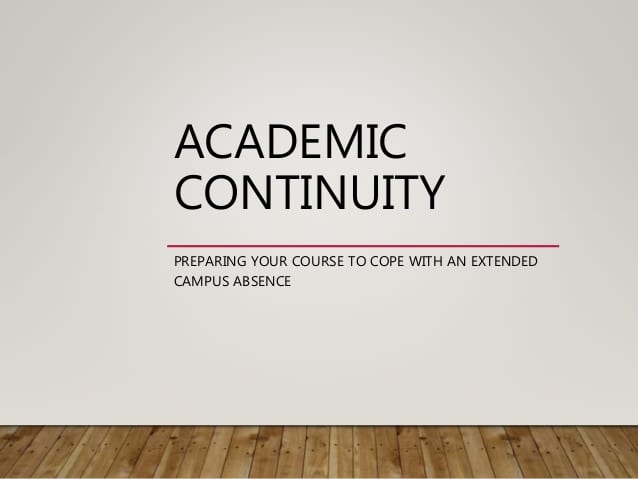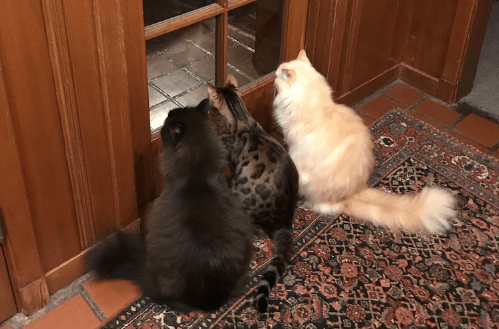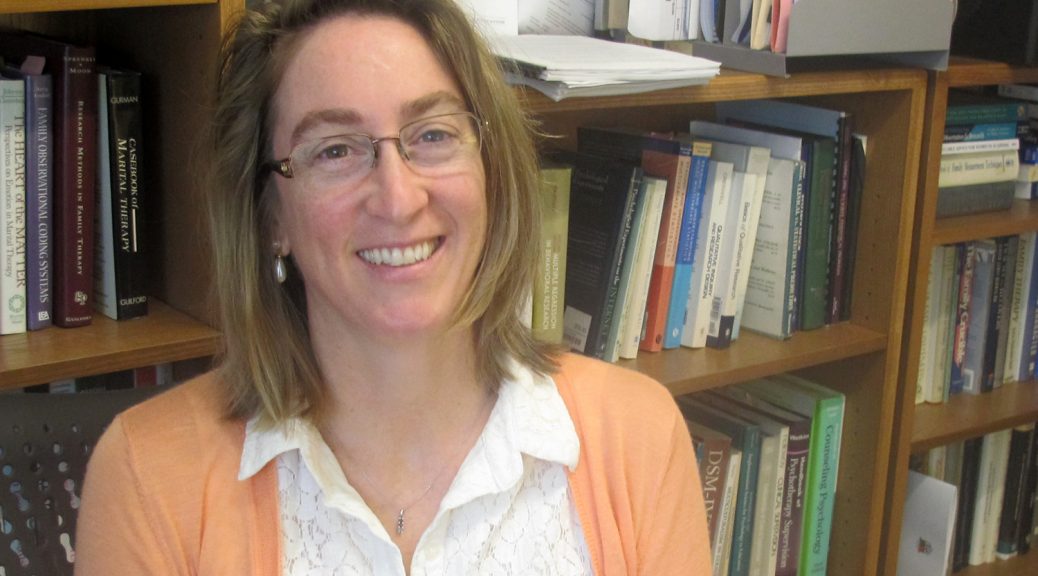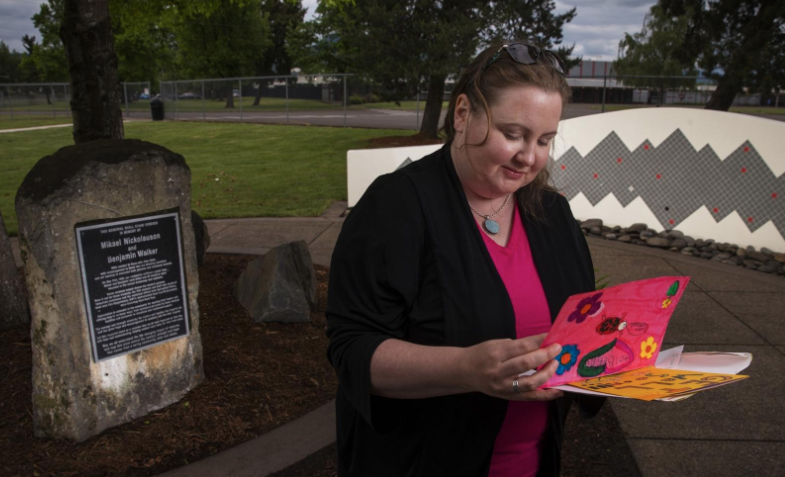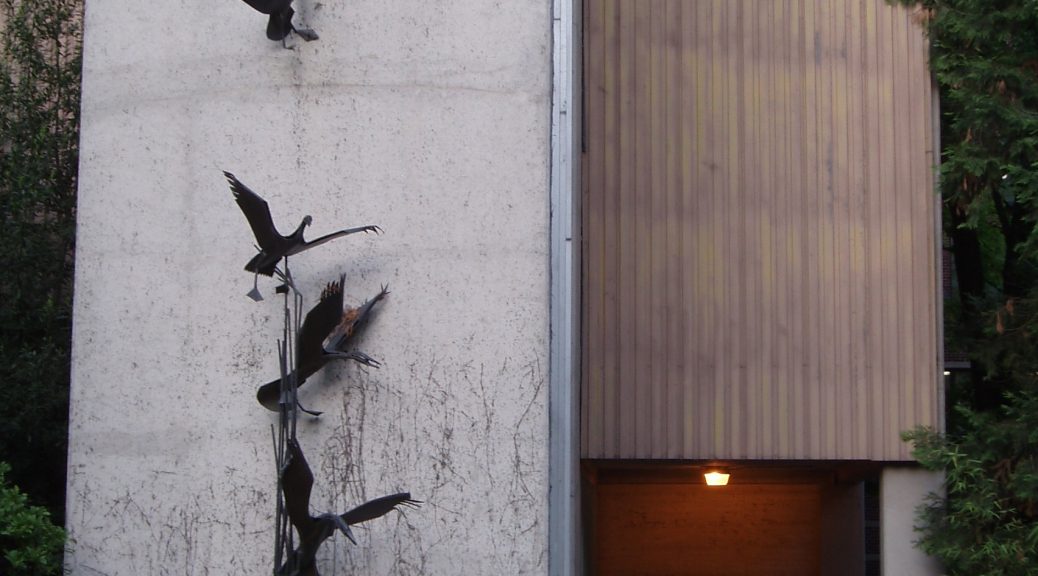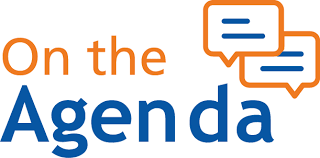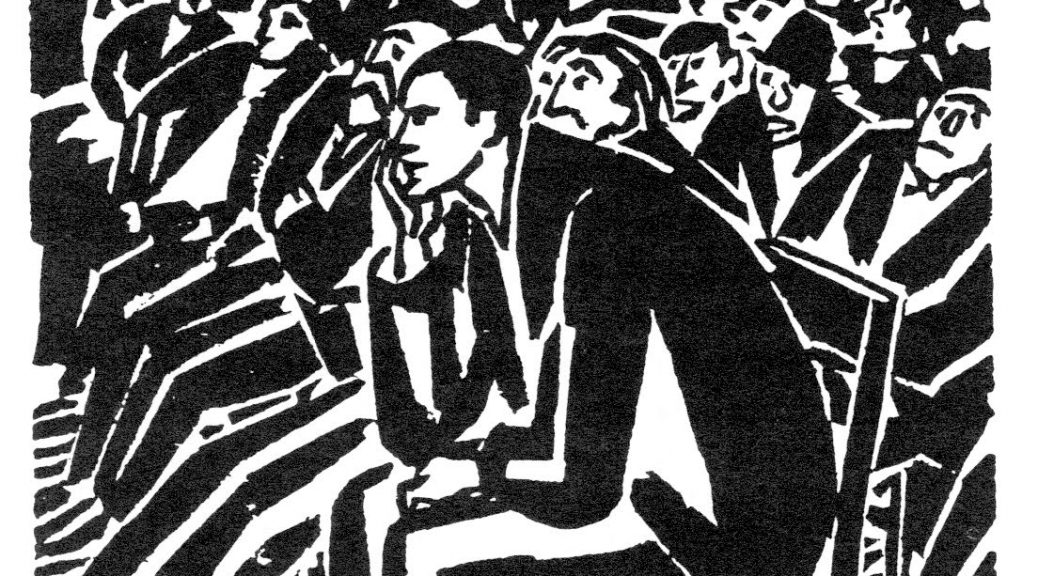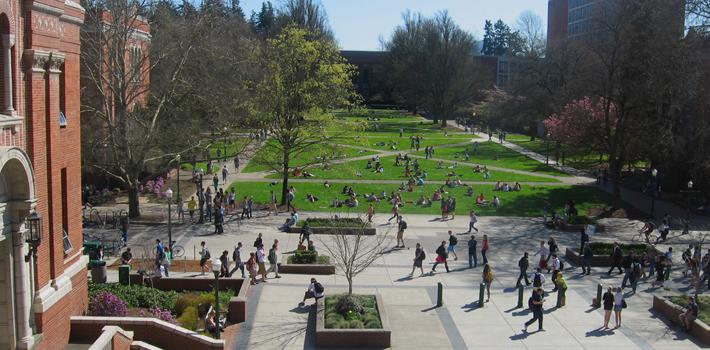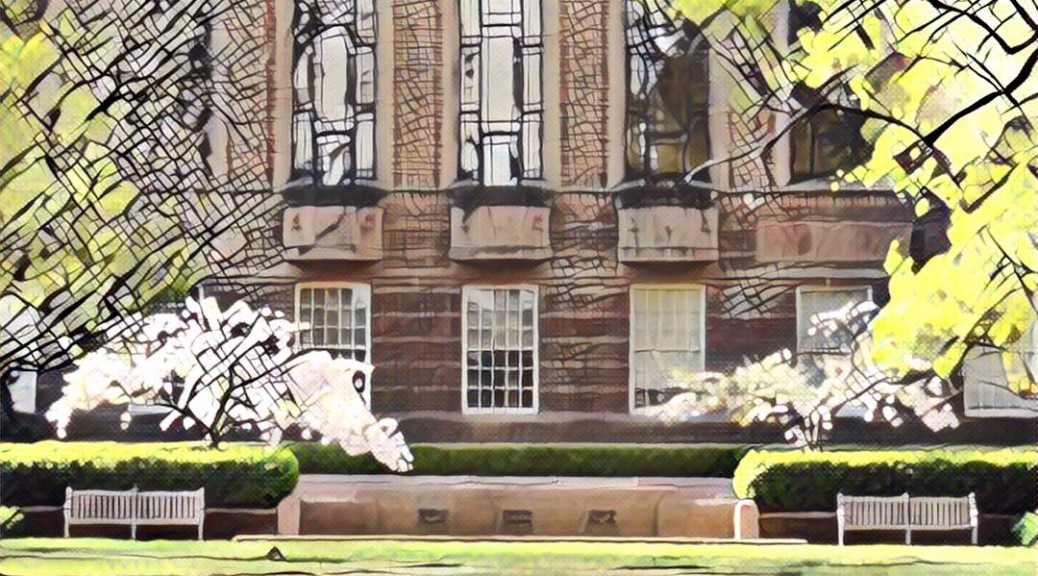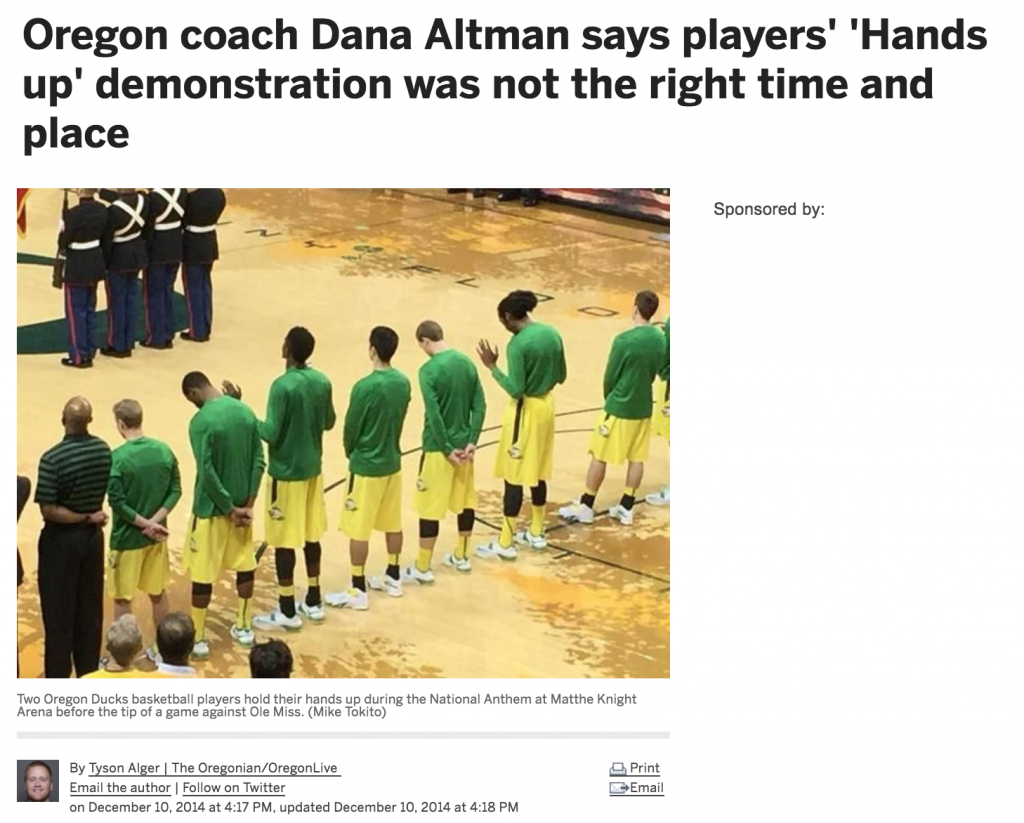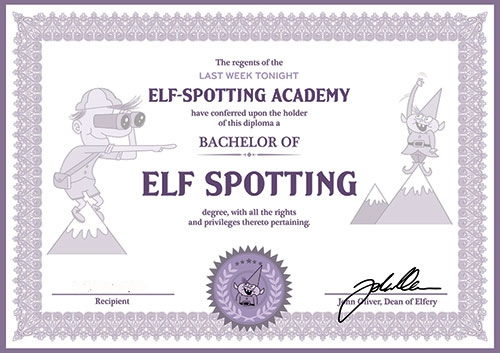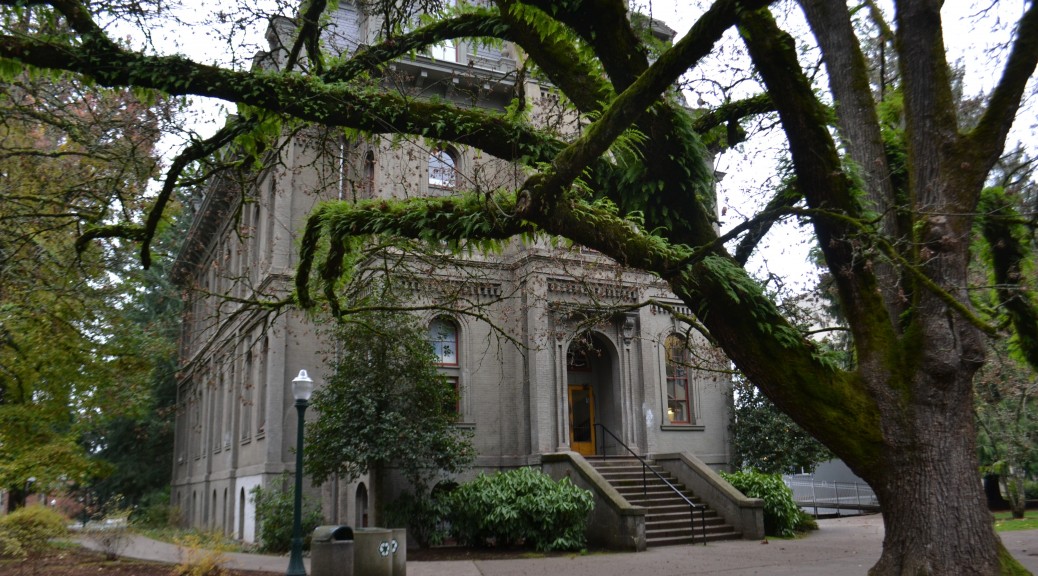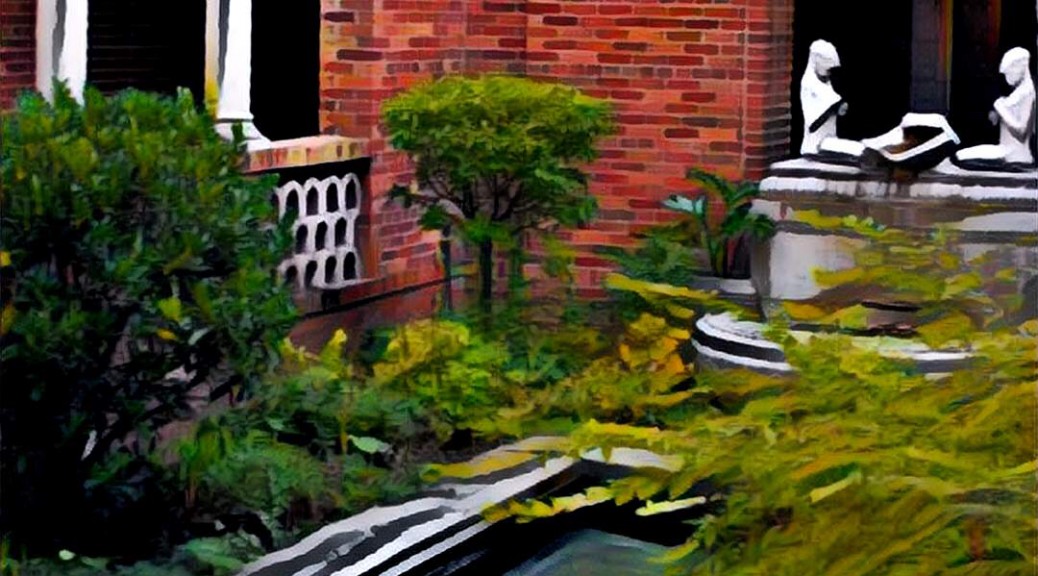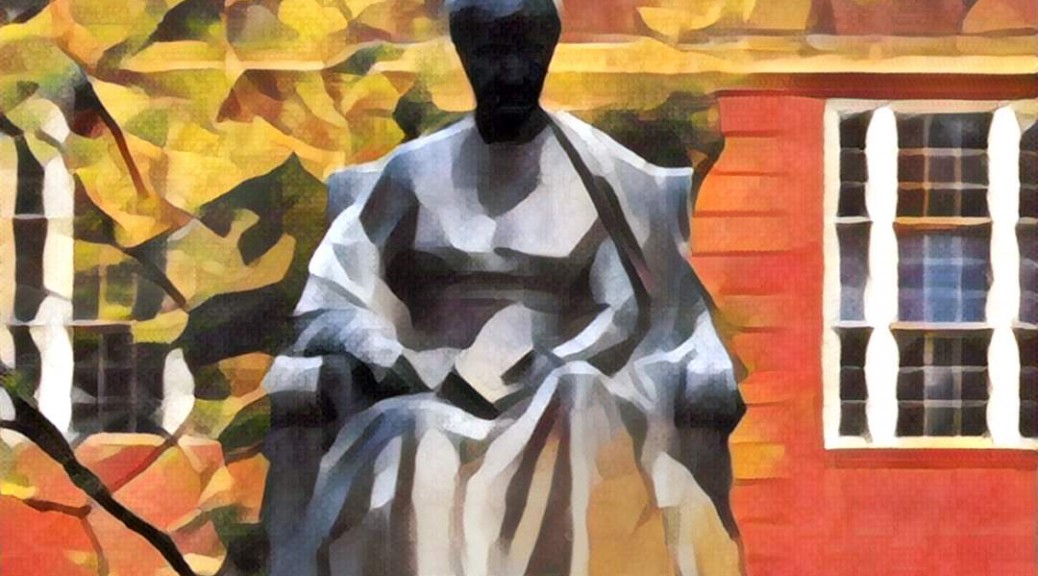[Scroll down to see expedited tenure policy synopsis for a selection of comparators]
Date of Notice: October 4, 2017
Current Status: Notice Given
Motion Type: Legislation
Sponsor: Boris Botvinnik (Math), Faculty Personnel Committee
Motion
Section I
1.1 WHEREAS the University of Oregon occasionally seeks to hire tenured full professors from other colleges and universities, and, in even fewer cases, seeks to hire researchers who are not faculty but are nevertheless outstanding in their fields; and
1.2 WHEREAS the standing of such possible new tenured faculty is verified in part by previous peer reviewed tenure and promotion processes or, in the case of researchers, by the national and international research community; and
1.3 WHEREAS the faculty of the tenure-home unit of the possible new faculty reviews each case and votes to approve the appointment, tenure, and rank of the candidate; and
1.4 WHEREAS the Faculty Personnel Committee of the University Senate represents the faculty in every promotion and tenure review case; and
1.5 WHEREAS the current system of review requires that any new hire, regardless of rank, be evaluated by the full tenure and promotion process, and
1.6 WHEREAS this system puts the University of Oregon at a competitive disadvantage when attempting to hire such faculty;
Section II
2.1 BE IT HEREBY MOVED that the University Senate establish an expedited tenure review process that conforms to the following rules:
2.2 The expedited tenure process is not appropriate for faculty members or academic administrators who are currently employed and/or under contract at the University of Oregon.
2.3 If a unit faculty votes to hire a new faculty member at the rank of full professor, and votes to recommend indefinite tenure to the candidate based on the candidates’ application materials, and the Provost and the Dean of the relevant School or College agrees with the hiring and tenure recommendation of the unit, then the faculty and the Dean can forward the possible new faculty member’s dossier to the Faculty Personnel Committee for an expedited promotion and tenure review; and
2.4 The expedited review shall be conducted by a subcommittee of the Faculty Personnel Committee consisting of five members (with one member selected as chair by the subcommittee) and will include three FPC members from the College of Arts and Sciences (one from each division) and two FPC members from the other schools and colleges. The members of this committee, to be called the Expedited Tenure Review Committee (ETRC), will be elected annually by the FPC. The ERTC will be composed with attention to equity, diversity and inclusion. ETRC members shall recuse themselves from the consideration of tenure cases in their unit. Vacancies, including those that arise from recusals, will be filled by the FPC chair after consulting the FPC membership; and
2.5 The ETRC will be “on call” through the academic year and the summer term to review cases and make recommendations to the Provost. The ETRC will meet at least once each fall with the Provost to discuss process and standards and select a chair for the year; and
2.6 The ETRC, upon completion of its review, will report their recommendation to the hiring unit, and will provide the compiled tenure dossier, which shall include all information upon which they have made their recommendation, to the hiring unit. Relevant members of the unit, as specified by the unit governance documents, shall have three five business days after receipt of the dossier to change their vote for indefinite tenure and to notify the ETRC about any such changes. The ETRC shall consider any changes to the unit tenure vote and either recommend to the Provost that the possible new faculty member should receive indefinite tenure and the rank of full professor or require that the faculty member be reviewed by the full promotion and tenure process; and
2.7 The ETRC will determine what materials should be considered in their review, but such materials must include at a minimum the following: candidate’s cv, all relevant research materials, a quantitative assessment of the candidate’s work and impact if available, and at least three five external evaluations, three of which may be letters from application process and at least two of which must be external evaluations (by letter or by a phone call conducted by a member of the ETRC). The latter two evaluators must be selected by the committee from a list of possible evaluators prepared by the hiring department(s) and not including anyone listed among the candidate’s references. The ETRC will carefully document any non-written evaluations for inclusion in the tenure dossier. The ETRC may request other information as it sees fit through the dean of the relevant school or college. Failure of a dean to provide requested information may result in the ETRC requiring the candidate be reviewed by the full promotion and tenure process.
2.8 Materials collected for each review will be available to all members of the FPC and FPC members may provide comments to the ETRC until the ETRC concludes its deliberations and makes its decision on the case.
2.9 The FPC shall be responsible for tracking when an individual is awarded tenure via the expedited process and will include in their annual report to the Senate the number of cases considered by the ETRC and the number of cases in which tenure was awarded via the expedited process.
Financial Impact: The process potentially saves time and other resources expediting the review of cases that are likely to be approved by a full review.
Expedited Tenure: Miscellaneous Policies and Practices at Other Universities
University of Maryland
Policy Title: Appointment, Promotion and Tenure of Faculty – Expedited Appointments
https://pdc-svpaap1.umd.edu/policies/documents/APTManual.pdf (see page 15)
Policy Statement:
“In cases where a unit has identified a potential faculty hire it has reason to believe is highly competitive and warrants an expedited review (sometimes referred to as a “target of opportunity” appointment), the review process can be streamlined. To qualify for this streamlined process, candidates would be nominated by both the Chair and the Dean and approved by the Provost’s Office. Such candidates normally would hold tenure and the comparable rank at another institution. The streamlined process could also be used for scholars considered for administrative positions.
Appointments at this level for consideration of tenure could substitute three evaluative letters from the search process for the three external reviewers nominated by the candidate, and the candidate’s CV submitted in connection with the search may be used, and need not be signed.
The review process would proceed as follows:
- the first-level review would take place per current practice in that unit;
- a review by a three-person ad-hoc committee formed by the Dean (composed of current College APT Review Committee members);
- a review by the College Dean; and
- a review by the Provost and final decision by the President.
For non-departmentalized Colleges, the review at the campus level should include a review by an ad-hoc committee formed by the Provost with a minimum of three persons drawn from members of the current University Appointment, Promotion and Tenure Review Committee.”
Penn State University
Policy Title: Promotion and Tenure Procedures and Regulations (full policy attached)
“An initial appointment at the rank of associate professor or professor may be made with grant of tenure, with the approval of the Executive Vice President and Provost and the President of the University in accord with University guidelines that prescribe immediate tenure reviews.” (See “Guidelines for Immediate Tenure Reviews”)
University of Virginia
Policy Title: Promotion and Tenure – Section 9: Expedited Review
Policy Statement:
“Whenever possible, faculty promotion and tenure or new faculty hires should have tenure status reviewed or granted through the processes described above. When this is not possible and a rapid decision to hire with tenure is needed or a retention counter-offer with promotion and/or tenure must be made quickly, an expedited review may take place in accordance with the procedures described below.”
Expedited Review Procedures:
These procedures make it possible for faculty review to be completed in a compressed time period; they are not intended to bypass normal review processes.
Promotion and tenure review requires:
- in schools with departments, departmental faculty review,
- chair recommendation to the dean,
- school-level faculty review,
- recommendation from the dean to the provost, and
- review by the provost’s committee.
In expedited review, the chair and dean may appoint a sub-committee consisting of no fewer than three faculty members who are members of the department or school promotion and tenure committee or who usually participate in these decisions. The subcommittee reviews the nomination and provides the chair or dean with a decision in no more than three days. Once the provost receives the dean’s recommendation, the provost reviews the nomination and makes a decision as quickly as possible, generally within two weeks.
Materials submitted in a dossier for expedited review should be similar to those normally included in a promotion dossier, including a complete, detailed curriculum vitae. Three outside, arms-length letters, are acceptable, provided they address the candidate’s suitability for the faculty rank and tenure. A candidate’s cover letter or research plans may substitute for the usual statement in the dossier. While it is not necessary to include letters from UVA faculty colleagues or students, it is essential to include evidence of the faculty member’s teaching effectiveness. A summary of teaching evaluations from the University or the prior institution, teaching awards, and other documentation may provide evidence of effective teaching. Incomplete dossiers will delay review.
Montana State University
Policy Title: Expedited Tenure Review at Hire
http://www.montana.edu/policy/faculty_handbook/standards_timelines.html
Policy Statement:
“The finalist for a tenurable faculty or administrator position who holds tenure at an accredited institution of higher education with comparable tenure standards is eligible for an expedited tenure review at the time of hire. With the agreement of the finalist, the provost will authorize the administrator of the relevant primary academic unit to forward the finalist’s application materials and any supporting materials to the unit’s promotion and tenure committee for consideration.
The primary review committee will forward their recommendation for successive consideration by the primary review administrator, the intermediate review administrator (if applicable), and the provost. The provost will assess the application materials and previous recommendations, and make a recommendation to the president.
If the president approves the award of tenure at hire, they will forward that recommendation to the Office of the Commissioner of Higher Education for consideration by the Board of Regents at the next appropriate Board meeting. If the decision of the Board is favorable, the effective date of tenure will be recorded as the date of hire.”
University of Arizona
Policy Title: Off-Cycle Review of Promotion and Tenure or Continuing Status
http://facultyaffairs.arizona.edu/off-cycle-review-promotion-tenure-continuing-status
Policy Statement:
“In exceptional circumstances, due to retention or pre-emptive situations, it may be necessary for department and colleges to review cases for promotion and tenure or continuing status outside the normal University review schedule. The Department Head, with the endorsement and approval of the College Dean must seek permission from the Provost or his/her designee to initiate a candidate’s review outside the normal University cycle. The Department Head and College Dean must articulate the circumstances prompting the request for an off-cycle review.
Having received permission to conduct an off-cycle review, both the Department and the College must follow their normal review process for reviewing promotion and tenure or continuing status. This includes requesting and providing the requisite number of letters from external reviewers as set forth in the University of Arizona P&T and CS&P guidelines.
The College forwards the recommendations and appropriate documentation to the Office of the Provost. The Provost, with the Vice Provost for Faculty Affairs, will determine the final outcome of the review.
The agreement to offer expedited reviews is not to be included in offer letters to potential hires. Only the Provost or his/her designee can approve the initiation of a candidate’s promotion and tenure or continuing status review outside of the normal University cycle.”
Arizona State University
Policy Title: Tenure – Expedited Review for Tenure
Policy Statement:
Current Faculty
The university reserves the right to conduct an expedited review for awarding tenure to a faculty member when such action will serve the best interests of ASU. The decision to conduct an expedited tenure review is an exception to the regular tenure review described above and will be approved only in extraordinary circumstances, which could include, but are not limited to:
- the decision of the university to respond to an offer of other employment to a current faculty member whom ASU desires to retain
- the receipt of an extraordinary award or honor by a faculty member that is likely to generate offers of employment or brings distinction to the individual and the institution
- and other circumstances that the provost of the university determines warrant expedited tenure review.
ASU has no obligation to consider or approve an expedited review at the request of the faculty member even for the circumstances listed above. For information about the expedited review procedures, see P4, “Expedited Review for Tenure-Eligible Faculty Process Guide.”
Every effort will be made to conclude an expedited review within 21 calendar days following the initiation of the review or as soon as possible thereafter.
Decision
The president of the university will make the decision to award or deny expedited tenure and appropriate faculty rank and will notify the provost of the university and dean orally as soon as possible after decision is made. The dean will notify the unit head and the faculty candidate as soon as possible thereafter. The president will provide a written notice of the decision within ten days to the same university administrators and the unit head and faculty member.
UC Santa Barbara
APPOINTMENT AND PROMOTION POLICY
Professor Series
The [tenure and promotion] case may also be referred by the Chancellor to an ad hoc review committee. If such referral occurs, the review committee is appointed by the Chancellor or designated representative, upon nominations provided by the Committee on Academic Personnel. The members of the review committee will normally be of rank at least equal to that proposed for the individual to be reviewed. The Chancellor shall transmit to the review committee the recommendation file, including any information received subsequent to the department review, and a copy of the latest version of the President’s Instructions to Review and Appraisal Committees In accordance with these instructions, taking into account all the available evidence, the review committee shall make its evaluation of the case and submit its recommendation to the Chancellor who thereupon forwards the report and accompanying file to the Committee on Academic Personnel. The latter committee, on the basis of all available evidence, submits a comprehensive report and recommendation to the Chancellor. The ad hoc review committee and the Committee on Academic Personnel reports should not identify individuals who have provided confidential letters of evaluation except by code.




















